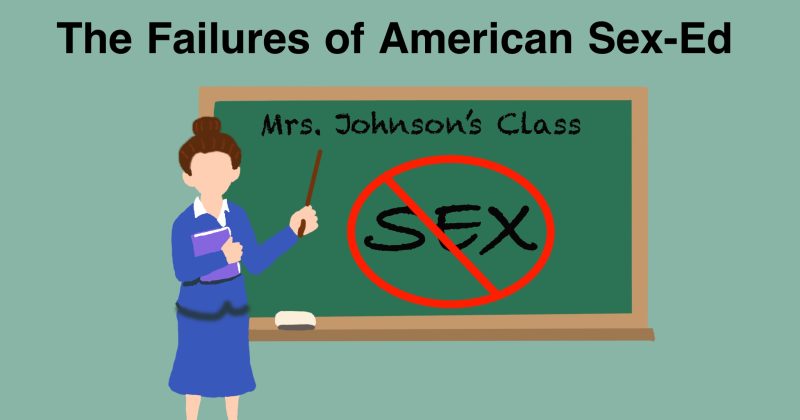
The Failures of American Sex-Education
As the topic of sexual and reproductive health re-enters the public consciousness in America through the overturning of Roe v. Wade, it becomes increasingly important to access American Sex Education, or rather, the failures of it, and how we teach these topics to our most impressionable population, children. The state of sex-education in this country is in shambles. Though the majority of Americans support sex-education in middle school and in high school, what exactly does that education look like? The first and one of the most important things to note about sex-education in the states is that there is no universal regulation of it. Only thirty nine states, plus DC, even have government mandated sex-education [5]. Within the states with mandated sex-education, only thirteen must provide “medically accurate” sex-education [1]. The content of what is covered in sex-education varies widely from state to state, within states that do have government mandated sex-education, it is often left to individual districts to decide...


